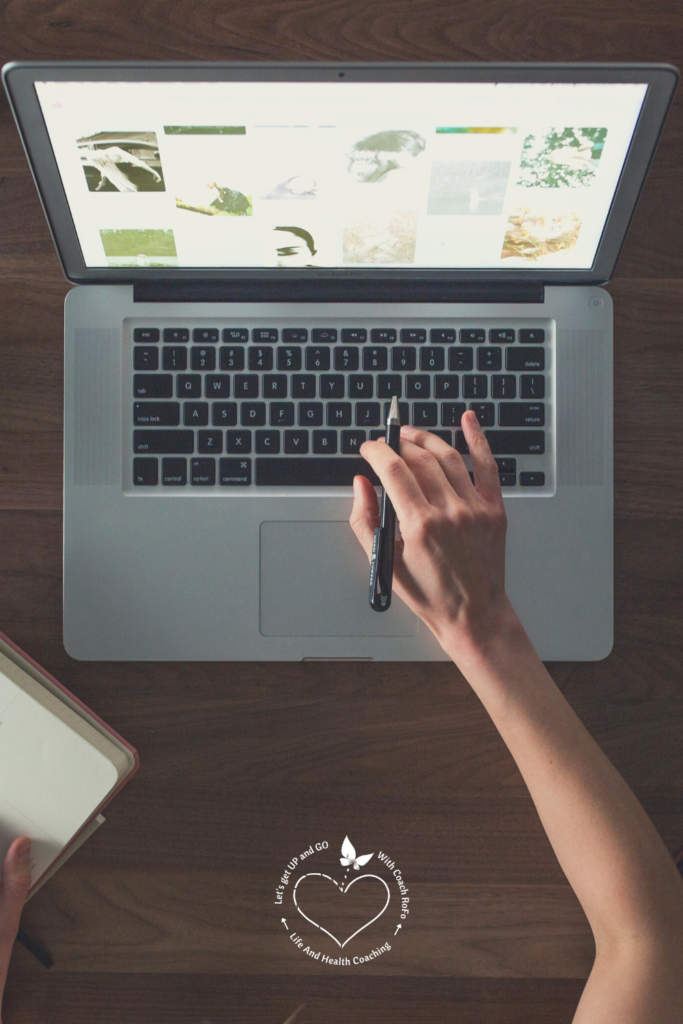Quiet Time.
What do you think of when you read those words? When I talk about this topic, I’m talking about the time that you take to de-load and de-stress your system – a reset time, if you will. Not necessarily stillness. It could be seated meditation, active meditation, journaling, creating art, or just spending time outside with no distractions. It’s whatever you need to do to unplug and reconnect to yourself. Let’s dive into how this habit can transform your life!
The Answer to Overwhelm and Overload
Do you ever hit a point in your day when you. just. can’t. even. process. one. more. thing?? I’m looking at you, all you overstimulated moms! And yes, I realize that you don’t have to be a mom to be overstimulated – it seems like everything in the world today is trying to stimulate us more and more!
How would you react if I told you that you can ditch that feeling of overwhelm and overload? Would you feel relief? Freedom? I hope so!

Quiet time can be that answer to overwhelm and overload because it allows you to switch off. Think of your mind as a computer… when we are overstimulated in our days, it’s like we’re running the browser with 20 tabs open – or more! When you engage in a Quiet Time practice, it allows your brain to sort through your tabs and exit the tabs that are no longer immediately needed. It’s ok to let these tabs close! Just like on your computer browser, you can always open them again if you need.
Let’s look at two key times to engage in a Quiet Time practice:
Morning and Evening
Your Morning Routine
Let’s continue the computer analogy. When you wake up, imagine that you’re turning on your computer or grabbing your phone, and pulling up your browser. What are you searching for? Why did you power up just now?
If you’re booting up solely out of habit with no real intention, chances are that you can find a rabbit hole and waste at least a good few hours online, filling your brain and being busy without any real accomplishment.
Similarly, if you roll out of bed with no real intention or purpose, chances are that you’ll go through your day on autopilot – feeling busy, doing a lot, but not actually getting any closer to your goals. Does that sound familiar?
A Morning Quiet Time practice can help you assign direction and purpose to your day – and it can look like whatever you need it to.
Maybe it’s setting an experiential intention – “today, I am going to experience ____”
Maybe it’s reviewing your goals and creating a to-do list.
Maybe it looks like meditation, or a workout, or whatever it is that you need to create focus in your day.
Whatever it looks like for you, I encourage you to make this the first thing you do after brushing your teeth!
Your Evening Routine
If your evening routine looks like rushing all day, getting the kids to bed, collapsing on the couch for a few hours to binge a show, and then stumbling to bed and trying to sleep… my friend, you need an upgrade!
This routine is common enough that it’s no wonder many people today are overwhelmed, burnt out, struggling with sleep and health, and exhausted – here’s why:
This habit leaves no room for decompression, processing the events or emotions of the day, and ultimately sets you up for a disturbed nights’ sleep as well! Establishing a healthy evening routine not only helps you decompress and release stress from the day, but also helps set you up for a good night of rest, which sets you up for a better day tomorrow! Doesn’t that sound like a double win?? So here are some suggestions for a healthy evening routine:
Use the 3-2-1 rule – no food 3 hours before bed, no liquids 2 hours before bed, no screens AT LEAST 1 hour before bed. (Thanks, Brendon Burchard!) This gives your body time to process everything out and you’ll end up sleeping more soundly… without waking up to pee 47 times!
Use the last hour to set up for your day tomorrow – maybe that looks like reading a book, pressing “go” on the dishwasher, an evening workout, or setting out your clothes for the next day. Heck, maybe it’s all 4! When you invest a little time in the evening, even when you’re tired, it can save stress and rushing in the morning!
Finally, after you finish everything else, but BEFORE bed, take out some paper and a writing implement. Yes, use paper, not your phone. Dedicate some time to journaling, or just writing out a bullet list of what you experienced in your day. It doesn’t have to be a “dear Diary” entry, but it can be if you want! If it feels right for you, this is a great place to incorporate a meditation practice, as well.
To finish out our computer analogy, binging a show and falling into bed is like just shutting your computer lid or switching off your screen… without actually shutting down. When you do this, you have apps constantly running, degrading your battery life and motherboard, and when you come back to it, everything is still waiting, but now it’s glitchy!
Creating a healthy evening routine is like exiting all your tabs and apps and plugging in for the night – everything is taken care of, you’re not degrading your experience, nothing is waiting for you, and you’ll be fully charged and ready to go in the morning!
Finding Your Center
Ultimately, these Quiet Time routines are key because they help you come back to center when everything in life is pulling you in a thousand different directions. If you don’t already have dreams or goals, these practices help you create space to dream, plan, and create a goal – and thereby create a direction for your life. Why does that matter? Well, when you have a direction, it means that you can say “YES!” to what helps you get there and “NO!” to anything holding you back. Coming back to center and staying steady in your direction gives you freedom to actually pursue your truest desires, rather than being blown around by the fickle thoughts of the rest of the world.

